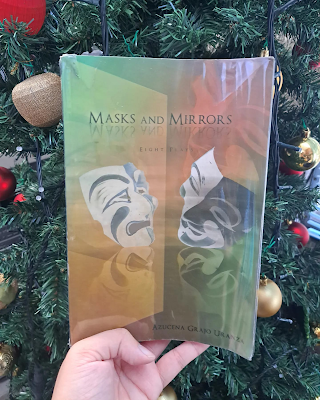 The Broken Road by Patrick Leigh Fermor
The Broken Road by Patrick Leigh FermorMy rating: 4 of 5 stars
"One is only sometimes warned, when these processes begin, of their crucial importance: that certain poems, paintings, kinds of music, books, or ideas are going to change everything, or that one is going to fall in love or become friends for life; the many lengthening strands, in fact, which, plaited together, compose a lifetime... This journey was punctuated with these inaudible reports: daysprings veiled and epiphanies in plain clothes."
This third book in the trilogy was never completed nor polished the way the previous two books ("A Time of Gifts" and "Between the Woods and the Water") were, for Paddy Fermor died as the project neared completion. And what a project it was! The ambitious eighteen-year old's "Great Trudge" in 1933 was truly something only someone so young and idealistic would undertake: walk across Europe, from Holland all the way to Constantinople.
And here's the interesting thing: the book was published after he died as a 96-year-old, having accomplished so much more after his long walk. He became a war hero in World War II, and was the author of other delightful books, always a lover of all people from all cultures and faiths. Paddy speaks in this third and last volume with a voice so funny, so full of life, that it truly feels as if one was listening to a youthful Adonis in the prime of health and vigor.
I enjoyed this last book best of all the three. Always humorous, this one showed Fermor at his funniest, by far, and was also the one that seemed the least polished (although the sentences are still marvelously wrought). It also seemed the most realistic, somehow, because of the number of predicaments that he encountered, some of them life-threatening. I did wonder at how lucky and blessed he seemed in the previous two books, to encounter so few travelling headaches. In Book 3, he nearly lost life and limb, encountered a madman stalker, was threatened at knifepoint by a roommate, and nearly fell to his death as he scaled mountain ranges. Despite these events, the innocence of the times showed in the confusion and outrage he felt when he returned to a cafe, to find the bag he left behind had been stolen, or when some Bulgarian peasants charged him money for letting him travel in their wagons despite his obvious injury.
To read Fermor is to be his companion as he walks across mountains and plains, sleeping sometimes with less than savory characters (one of the funniest bits was when he innocently took shelter in a house of ill repute, thinking it was a clean inn!), sometimes amongst well-to-do pals.
I particularly enjoyed the last part, when he describes spending a night or two in seventeen (!!!) monasteries on Mount Athos, Greece. Despite the best of intentions of travelling every day, he would be "forced" to stay longer for one of two reasons: bad weather, but also endearingly, Fermor had the bad habit of reading Byron or Dostoevsky in bed until it was far too late in the day to travel safely.
What a beautiful series! And so fitting for year-end reveries. Fermor, after all, did all of this within a year.
He lived in one year more than many of us live in several decades. And this makes Fermor a must-read for everyone who wishes to drink deep of the sweet well of life's waters.
View all my reviews

























